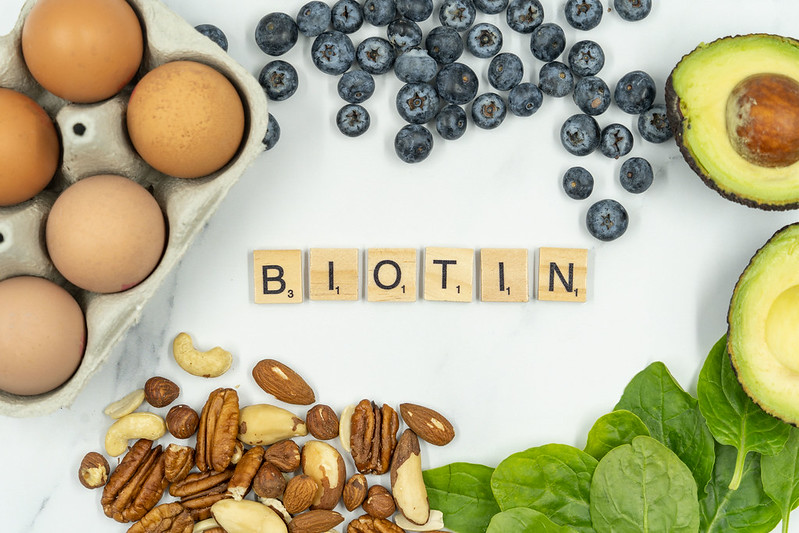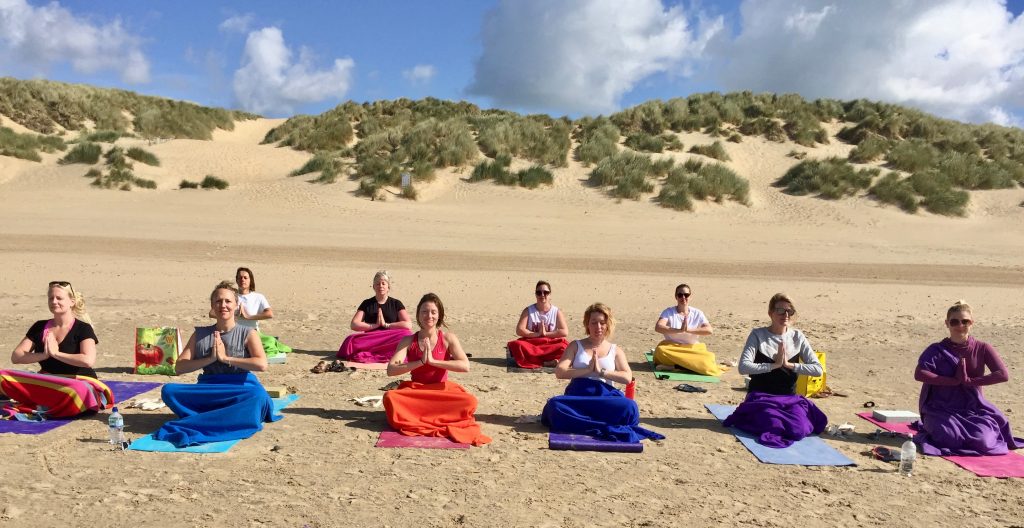As part of Alopecia Awareness Month, holistic health coach, Raquel de Oliveira Palmer of Licence 2 Heal, sheds light on how a holistic approach can support hair and scalp health.
Alopecia, which involves partial or total hair loss, can affect anyone, regardless of age or gender. The condition can be driven by factors like genetics, autoimmune reactions, stress, or hormonal imbalances, but no matter the cause, it can be emotionally challenging. While medical treatments are often necessary, a holistic lifestyle can provide complementary support for overall well-being.
Please note that the advice shared here does not replace medical treatments or prescribed medications. Instead, these holistic practices can be used alongside conventional care to nurture both your physical and emotional health.
The importance of nutrition
Healthy hair starts from within. One of the most impactful ways to support hair and scalp health is through nutrition. A balanced diet rich in vitamins and minerals is essential for hair growth. Nutrients like biotin, zinc, vitamin D, and omega-3 fatty acids are especially beneficial.
– Biotin (found in eggs, almonds, and sweet potatoes) is crucial for the health of your hair follicles.
– Zinc (present in pumpkin seeds, chickpeas, and spinach) supports tissue growth and repair, helping to keep your scalp in good condition.
– Vitamin D, obtained through sunlight or foods like fatty fish, can help with hair follicle regeneration.
– Omega-3 fatty acids (from flaxseeds, chia seeds, and fish) help reduce scalp inflammation, which can be linked to hair loss.
You can find organic fruits and veggies at the Rye Health Shop in the high street as well as at Johnson’s Fruiters in Rye Harbour Rd.

Stress management and hair health
Stress can be a significant trigger for alopecia. When the body is under stress, it produces excess cortisol, a hormone that can disrupt the hair growth cycle. Managing stress through holistic practices like meditation, yoga, and mindfulness can help create a balanced state in the body, supporting healthy hair growth.
– Meditation, helps calm the mind and reduce cortisol levels, creating a healthier environment for hair follicles.
– Yoga, particularly gentle practices like Hatha or restorative yoga, promotes blood circulation to the scalp while also reducing stress.
– Mindfulness, helps you stay present and reduce the anxious thoughts that often go with hair loss.
We’re fortunate to have some excellent yoga teachers in Rye and the surrounding areas. Here are two great options in Rye and Camber Sands: Sally’s Yoga For All, which you can find on Facebook, offers classes in Rye and occasionally at Camber Beach; and India Williams who teaches at the Gallivant Hotel in Camber Sands.
Natural scalp care
Using natural, chemical-free products can help reduce scalp irritation and inflammation, two common contributors to hair thinning. Look for products that contain ingredients like aloe vera, tea tree oil, and rosemary oil, which are known for their soothing and stimulating properties.
– Aloe vera, can calm an irritated scalp and reduce dandruff.
– Tea tree oil, helps cleanse the scalp of bacteria and fungus that could be contributing to hair loss.
– Rosemary oil, is often used to stimulate hair growth by improving blood circulation to the scalp.
You can discover top-quality natural products, including essential oils, shampoos, creams, and more, at one of my favourite shops in Rye, The Kind Table. Mia, the owner, is fantastic at curating the best products for your health. Plus, it’s a refill shop, so every purchase helps reduce waste and supports the planet—a true win-win!
Emotional support matters
Alopecia can be emotionally challenging, affecting your confidence and self-esteem. Seeking emotional support through counselling, support groups, or even journaling can help you navigate the mental and emotional aspects of hair loss. A holistic approach considers not just the physical but also the emotional well-being of the individual.
Alopecia is a multifaceted condition, and while medical treatments are often necessary, adopting holistic strategies can complement your healing journey. Nourishing your body with the right nutrients, managing stress, using natural scalp care, and seeking emotional support can help you take control of your hair health from the inside out.
Remember, always consult with a healthcare provider before making changes to your treatment plan. Holistic approaches can be a valuable addition but should never replace prescribed medical advice.
Image Credits: Sally Bayly , Gee Hair https://creativecommons.org/licenses/by/2.0/ .



